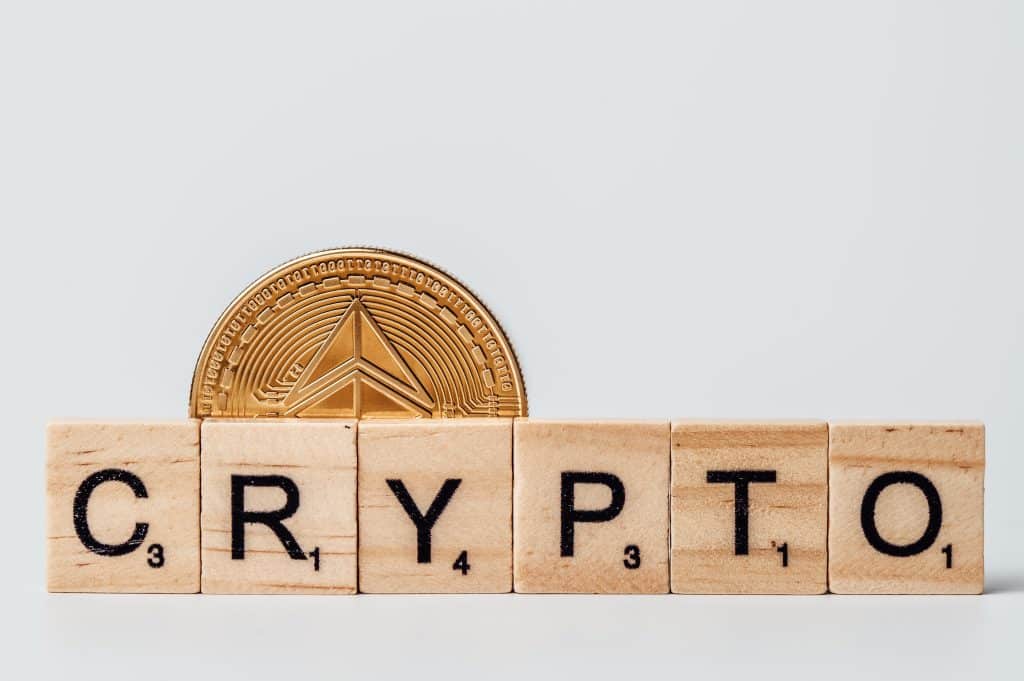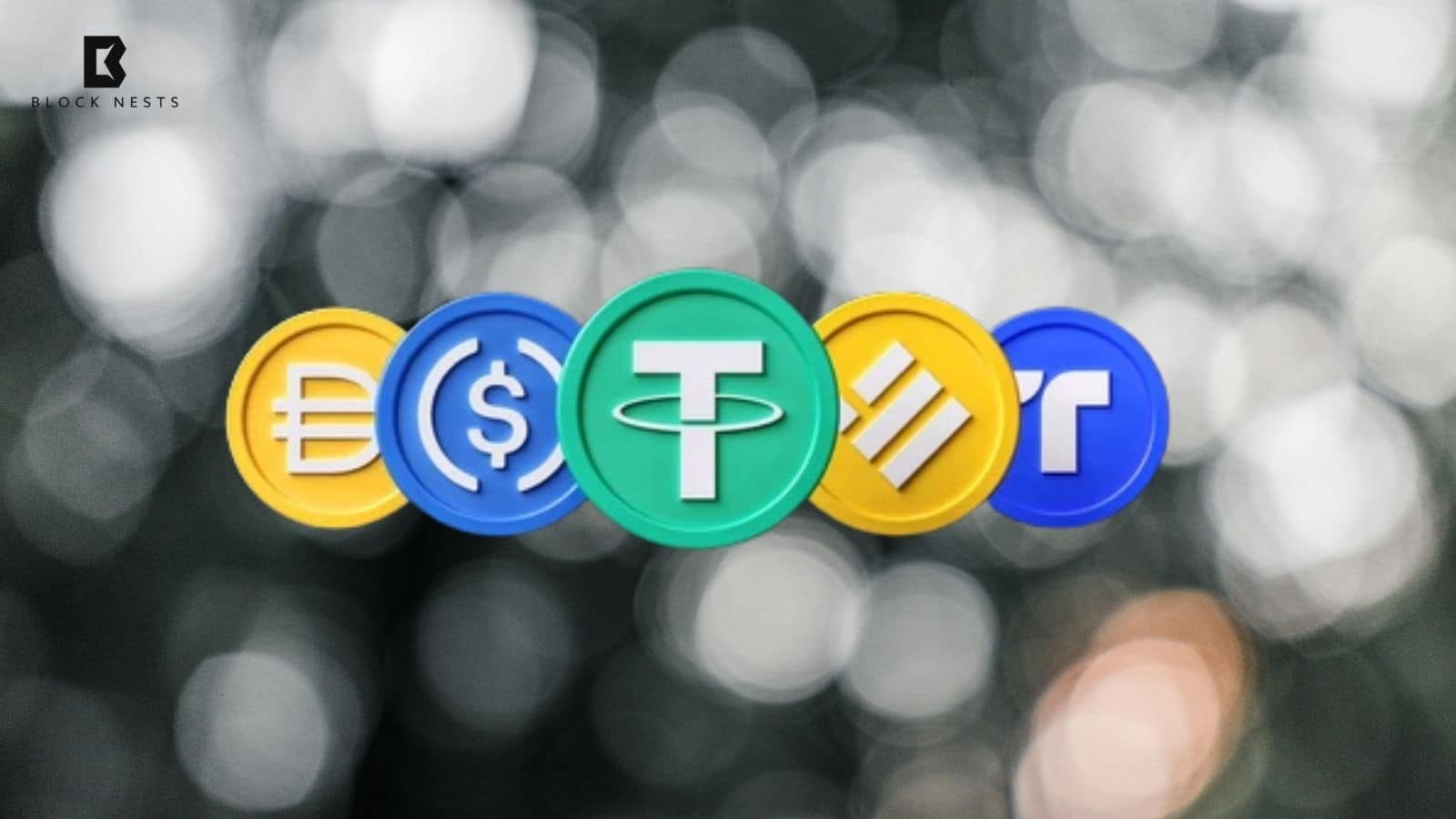- Lawmakers question FDIC about regulators pressuring banks to deny services to crypto firms.
- They propose five recommendations: public guidance, concrete reasons for account closures, and eliminating “reputational risk.”
- Urging FDIC to ensure fair, uniform oversight and clarify which changes require Congressional action.
A group of legislators, including House Financial Services Committee Chair French Hill (AR-02) and the chairpersons of the three subcommittees, asked the Federal Deposit Insurance Corporation (FDIC) to offer clarification regarding the regulator’s position in the regulation of digital assets.
In a letter to Acting Chairman Travis Hill, the lawmakers complained about the regulation by the FDIC and the handling by the financial institutions. The letter comes in the wake of allegations the Biden regime regulators coerced the closure of cryptocurrency businesses from services—a trend widely dubbed “debanking.”
The lawmakers believe the practices are causing confusion in the world of banking and could slow the availability of financial innovation. The lawmakers presented five major recommendations to enhance transparency and uphold just regulation practices.
Lawmakers Outline Five Key Recommendations
The letter, signed by Bryan Steil (WI-01), Dan Meuser (PA-09), and Andy Barr (KY-06), calls on the FDIC to develop clearer regulation frameworks around digital assets. The lawmakers call for all regulations to be drafted and submitted to the public so loose instructions don’t result in confusion.
The lawmakers also call the banks to give good reasons to close the accounts so transparency and compliance under the Bank Secrecy Act are ensured. Additionally, they call for the ending of the use of “reputational risk” in regulation, arguing the same has wrongly been applied to suppress the businesses in the cryptocurrency market.
Instead, they call for periodic regulation updates to align regulation and balanced banking access. Lastly, they also call for the requirement to provide a consistent application to avoid random regulation. All the above practices would provide a clearer and predictable regime to control the digital asset.
Concerns Over “Operation Choke Point 2.0”
The lawmakers also noted a House Subcommittee hearing last month, “Operation Choke Point 2.0: The Biden Administration’s Efforts to Place Crypto in the Crosshairs.”
The lawmakers assert the current regulation follows the trend in the scandalous “Operation Choke Point” program under the Obama regime, in which the regulators at the federal level faced allegations of pushing the banks to exclude dealing in politically disfavored businesses.
During the session, lawmakers and market analysts complained about future governments having the tools to continue to use the pressure of regulation to push the digital asset businesses to the margins if the rules are less specific.
FDIC’s Role in Crypto Regulation Moving Forward
While the legislators concurred some regulation adjustments are the legislators’ responsibility, the legislators also asked the FDIC to implement the recommendations wherever possible. The legislators also asked Acting Chairman Hill to provide them with what the legislative approval entailed, reflecting the intent to cooperate in the event of policy adjustments.
With increasing pressure to monitor digital assets, the decision by the FDIC could also carry significant implications for the cryptocurrency market and the way the cryptocurrency market addresses mainstream banking. The demand by the lawmakers for clearer regulation comes from the overall effort to establish a consistent regulation regime in the United States’ market for digital assets.
Conclusion
The lawmakers’ demand for clearer regulation underscores the long-simmering conflict between the cryptocurrency market and the federal regulators. By calling for transparency, consistency, and the end to ad-hoc prohibitions, they are attempting to hold the financial institutions to the same standard in dealing with businesses in the digital asset market.
Related Reading:Bitcoin Eyes 100K Breakout as Market Momentum Builds
How would you rate your experience?






